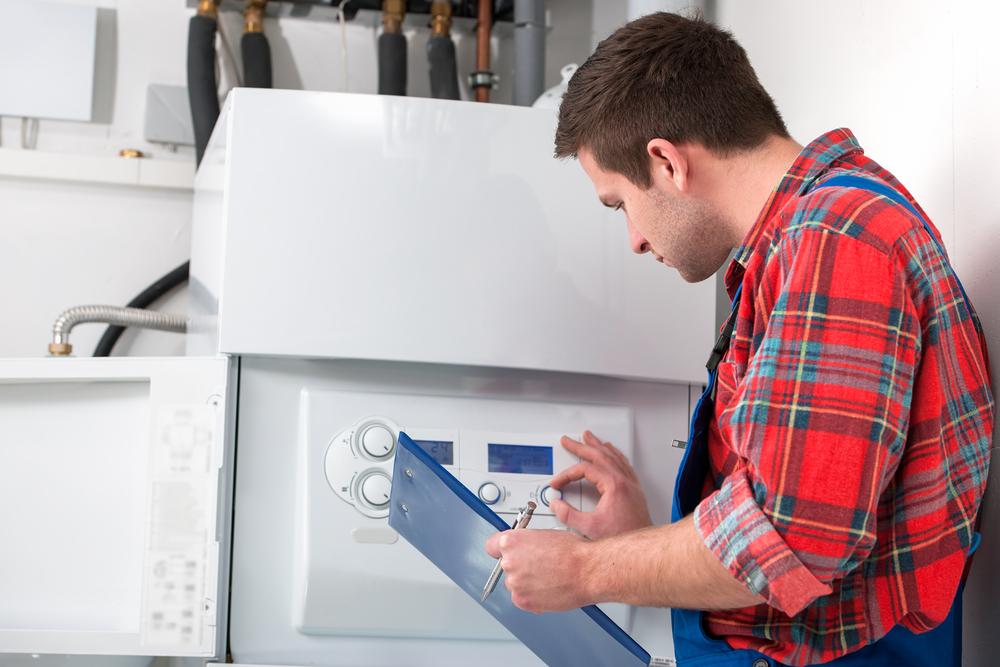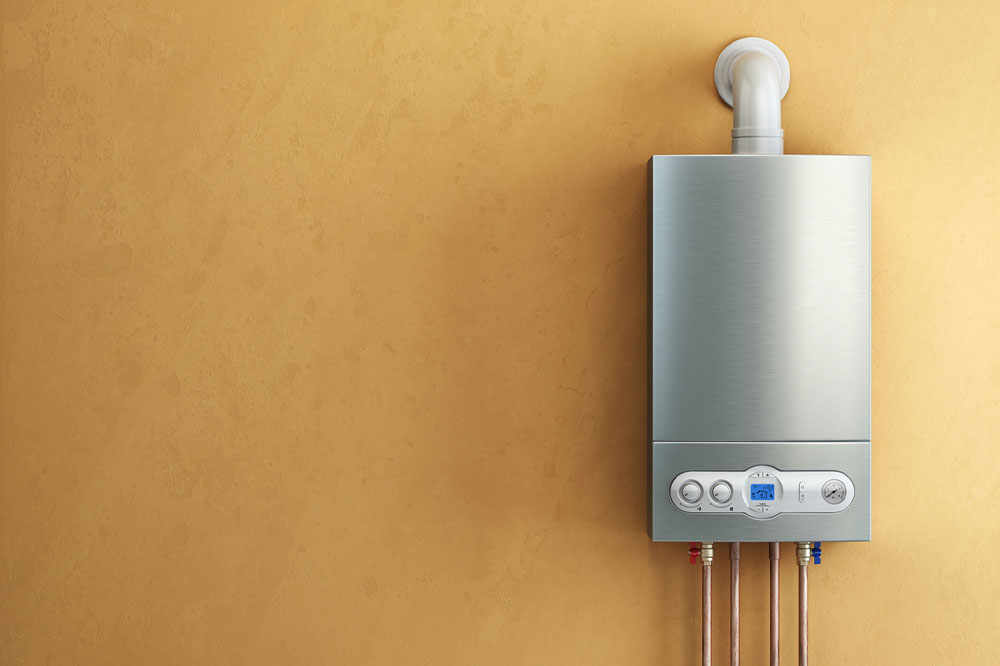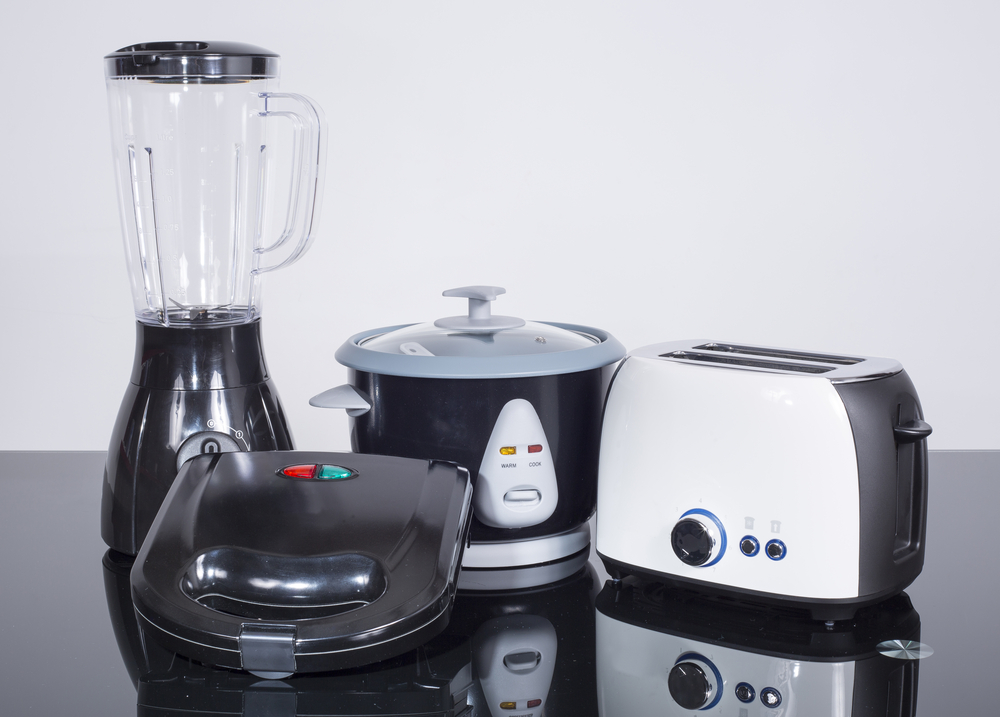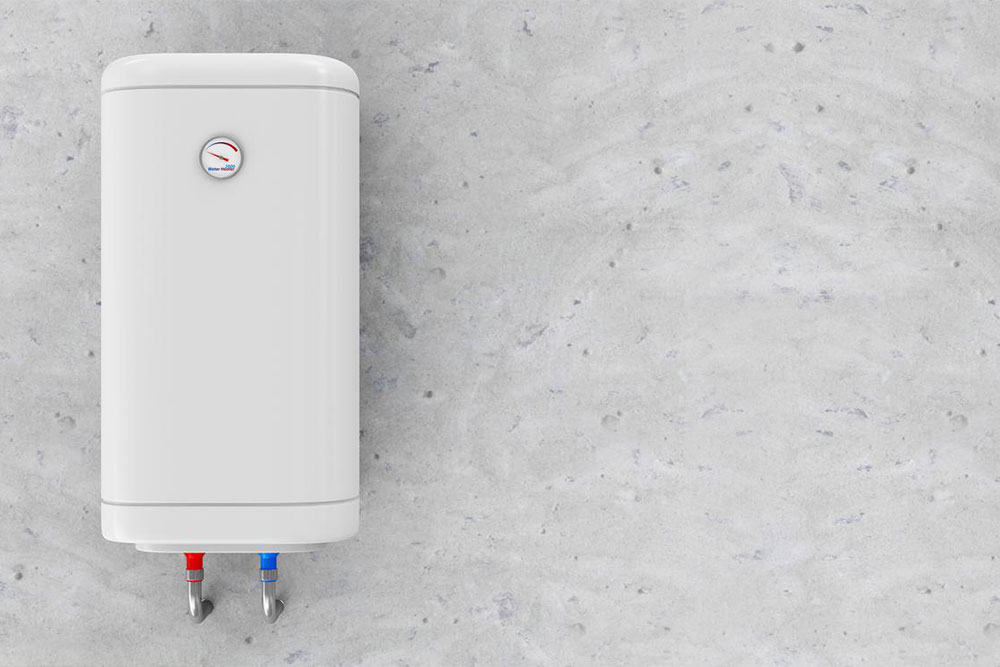Comprehensive Guide to Choosing the Perfect Water Heater for Your Home
This comprehensive guide provides detailed insights into selecting the perfect water heater for your home, weighing the pros and cons of tank versus tankless systems. It covers key factors such as capacity, energy efficiency, space considerations, and maintenance, helping homeowners make informed choices. Whether upgrading or installing new, understanding these aspects ensures reliable hot water supply, energy savings, and long-term cost benefits. The article emphasizes personalized assessments and professional advice for optimal selection, ensuring your household remains comfortable year-round.
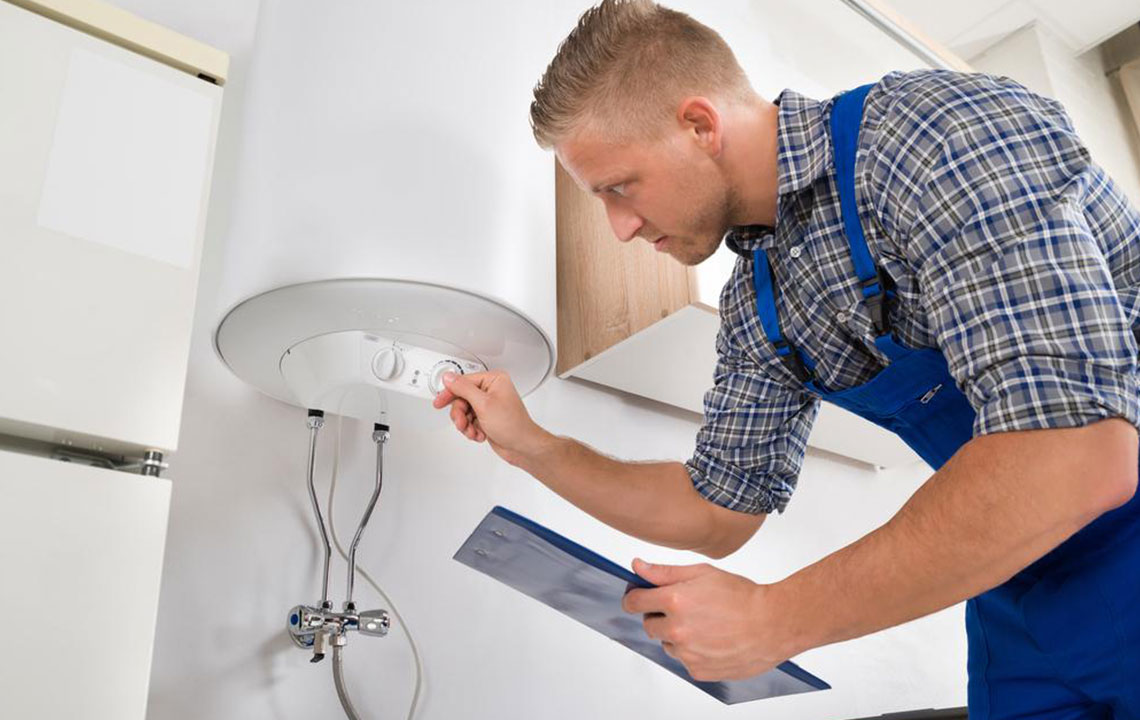
Comprehensive Guide to Choosing the Perfect Water Heater for Your Home
Selecting the right water heater is crucial for ensuring comfort, efficiency, and cost-effectiveness in your household. Whether you're upgrading an existing system or installing a new one, understanding the different types of water heaters, their features, and what fits your specific needs can significantly impact your daily routines and energy bills. This detailed guide explores the various options available, key considerations for selection, and tips to help you make an informed decision.
Understanding the Different Types of Water Heaters
Water heaters generally fall into two main categories: traditional tank-based units and modern tankless systems. Each type has its own set of advantages and disadvantages, making it essential to evaluate your household's needs and preferences carefully.
Tank Water Heaters
Traditional tank water heaters are well-known for their simplicity and capacity. These units store a specific amount of hot water in a tank, ready for use whenever needed. They are typically larger and require more space, making them ideal options for homes with multiple bathrooms or higher hot water demands. The primary advantage of tank models is their ability to provide consistent hot water supply, which is particularly beneficial during peak usage times.
However, they tend to consume more energy due to continuous heating to maintain the water temperature, even when hot water isn't being used. They also require more maintenance, such as flushing to prevent sediment buildup, and are prone to leaks over time. Repair costs and replacement schedules should be factored into your decision when considering tank models.
Tankless Water Heaters
Also known as on-demand water heaters, tankless units heat water only when needed, offering significant energy savings. They are compact and take up less space, making them suitable for small households, apartments, or homes with limited space. Because they heat water on demand, they do not have standby heat loss, which contributes to lower energy bills.
Despite the higher initial investment, tankless systems tend to last longer—often over 20 years—and require less maintenance. Installation can be more complex and costly, especially in existing homes where adding new plumbing may be necessary. Additionally, tankless units might struggle to supply simultaneous hot water for multiple outlets unless multiple units are installed or larger models are used.
Key Factors to Consider When Choosing a Water Heater
Capacity and Household Size: The size of your household directly impacts your hot water needs. Larger families or homes with multiple bathrooms require higher-capacity units or multiple systems to meet demand without running out of hot water.
Energy Efficiency: Look for units with high Energy Factor (EF) ratings or Energy Star certifications. These units consume less power, reducing your utility bills and environmental impact.
Space and Installation: Measure your available space and consider installation complexity. Tankless models are more space-efficient and easier to install in tight spots.
Cost and Budget: While tankless models usually come with higher upfront costs, their energy savings can offset initial expenses over time. Balance your budget with long-term savings and energy efficiency.
Maintenance and Longevity: Research the maintenance requirements and expected lifespan of the unit. Tankless systems often require less maintenance and last longer than traditional tank models.
In summary, choosing the ideal water heater involves assessing your household's hot water needs, available space, budget, and long-term energy savings. Properly evaluating these factors ensures you select a system that offers reliable performance, energy efficiency, and value for money. Consulting with a professional plumber or HVAC specialist can also provide personalized guidance based on your specific home setup.
Investing in the right water heater can greatly enhance your daily comfort while reducing operational costs. Take the time to research and compare models, read reviews, and consider future needs to make a well-informed decision that benefits your household for years to come.
